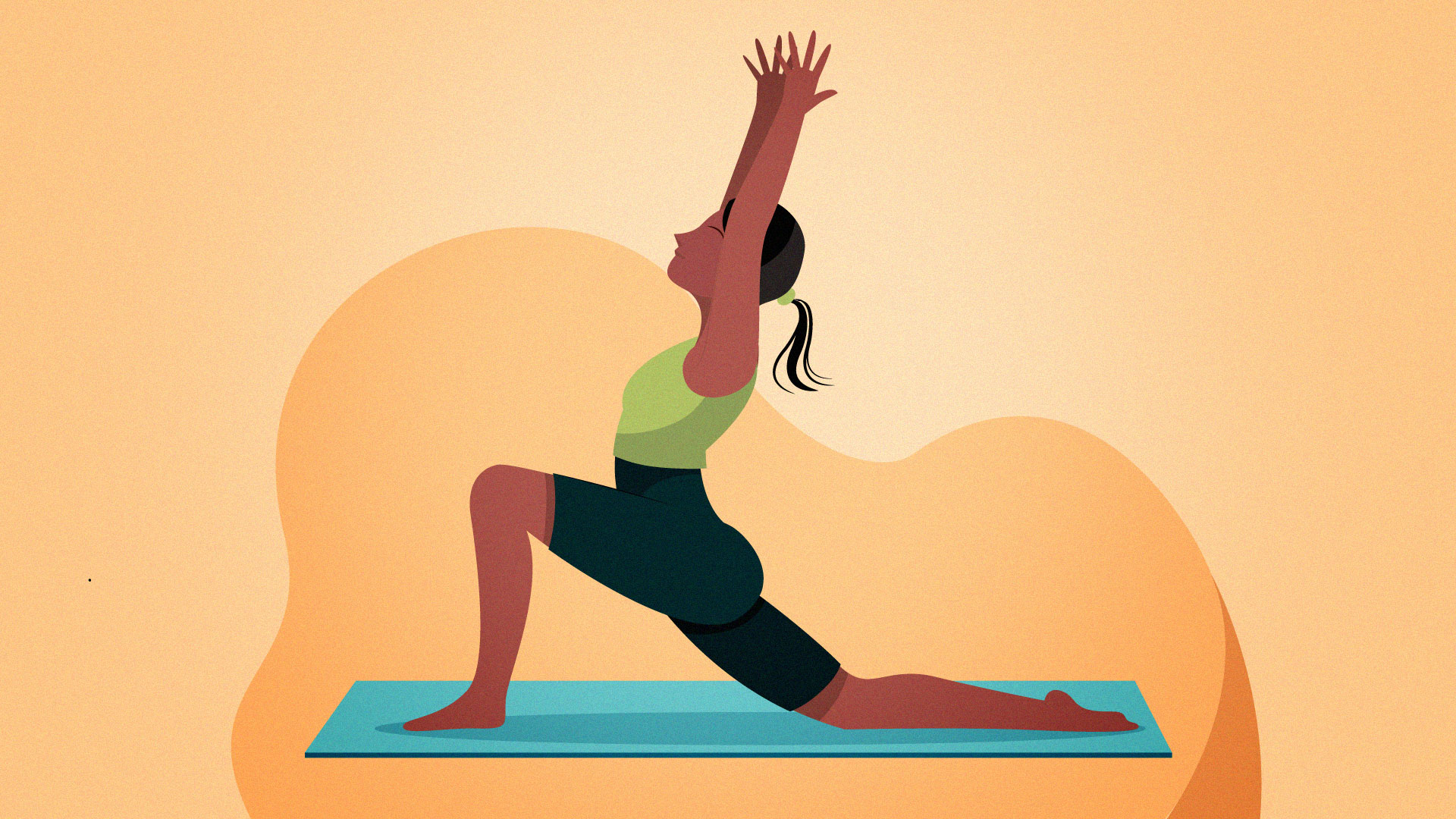People are living longer today than ever before, but the quality of the life you’re living counts just as much
If you’ve spotted an age-spot, or you’re worried about your worry lines, try to look at them as a hard-won badge of your life experience, as well as a sign of humankind’s progress.
Thanks to better living conditions and improved diets and medical interventions, we’re living longer than ever before.
According to the study “Life Expectancy”, compiled by Our World in Data, no country in the world has a lower life expectancy today, than countries that had the highest life expectancy in 1800.
But here’s the twist. Living longer, doesn’t mean living better.
In countries where life expectancy is highest, says the study, “the expected years lived with disability or disease tend to be the longest too.”
Try these tips for living your best life.
Manage your stress
When you experience stress, your body releases cortisol, the hormone that helps you physically deal with the issue at hand.
But chronic stress can also break down collagen in the skin.
Collagen makes up about 75% of your skin and promotes elasticity.
As you age, it becomes harder for your body to produce enough. Add extra stress to that and you’re more likely to experience wrinkles, loose skin, and joint pain.
Mindfulness and physical exercise interventions will help with managing stress, and collagen supplements in the form of powders or liquids may go some way to alleviate the effects on your skin.
”Eat food. Not a lot. Mostly plants”
Author Michael Pollan’s famous food rule is proving correct. A low-calorie, Mediterranean diet – good fats, plant-rich and low in red meat – is good for you.
This approach was confirmed in 2005, with author Dan Buetter’s discovery that the longest lived and healthiest people in the world eat a moderate, plant-based diet, and followed the 80% principle: don’t eat until you’re full.
Keep on moving!
Exercise has been linked to cardiovascular health and muscle and bone strength. New research suggests that it also lengthens ‘telomeres’, the caps on the ends of DNA strands.
Telomeres protect the strands from degradation, and their length – which decreases with age – appears be connected to chronic diseases such as high blood pressure, stroke and heart disease.
While you keep your body active, don’t forget your face. With 42 muscles in your face alone, ‘face yoga’ is one way to give them an effective workout.
This massage technique stimulates the blood flow and lymphatic drainage around the face and neck, promoting better oxygenation, reducing the appearance of fine lines, and generally toning the area.
Enjoy good relationships
Good diets and good genes are not the only determining factors in healthy, happy ageing. According to the results of the 2017 Harvard Study of Adult Development, good relationships have an even greater impact on our ageing experience.
The study was the longest of its kind, starting in 1938 and following the lives of more than 700 people.
Says director of the study Robert Waldinger: “The surprising finding is that our relationships and how happy we are in our relationships has a powerful influence on our health.”

Leave a Reply